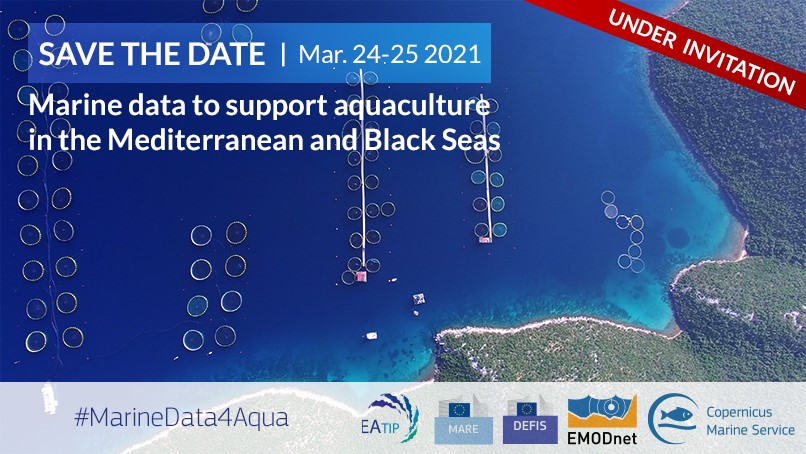HiSea coordinator Prof. Ghada El Serafy presented the EU-funded project at a workshop titled Marine data to support aquaculture in the Mediterranean and Black Seas.
The event was organised by the European Aquaculture Technology and Innovation Platform (EATIP), in conjunction with Copernicus Marine Service, EMODnet and the European Commission, following an earlier event focusing on aquaculture in the North Atlantic.
In her presentation on the HiSea project, High-Resolution Copernicus-based Information Services at Sea, Prof. El Serafy noted that the project aims primarily to benefit end-users in the port and aquaculture sectors, by providing them high-resolution information on marine water quality.
Prof. El Serafy stressed that HiSea services are being co-designed with such users, in order to help them improve operations, planning and management at sea. Other sectors expected to benefit are the sciences and the general public. They also looked at additional methods and approaches for developing Copernicus Marine Environment Monitoring Service (CMEMS) downstream.

About 80 aquaculture company stakeholders, experienced data users and providers, researchers and coastal managers from across the Mediterranean and Black Sea regions gathered to explore opportunities for open source marine environmental data to support and innovate the aquaculture sector.
Both the Marine Food sector related Copernicus Marine Service and the EMODnet portfolios provide valuable marine data, services and tools that might be combined with coastal models, data networks and measurements by aquaculture farms in order to contribute to a better management and operation plans, the event’s organisers noted.
The workshop “supported the attendants of the Mediterranean and Black Seas meeting in understanding the current of play and the expectations towards a future collaborative network for better use of current data,” EATIP added, noting that the workshop report will be published soon.


